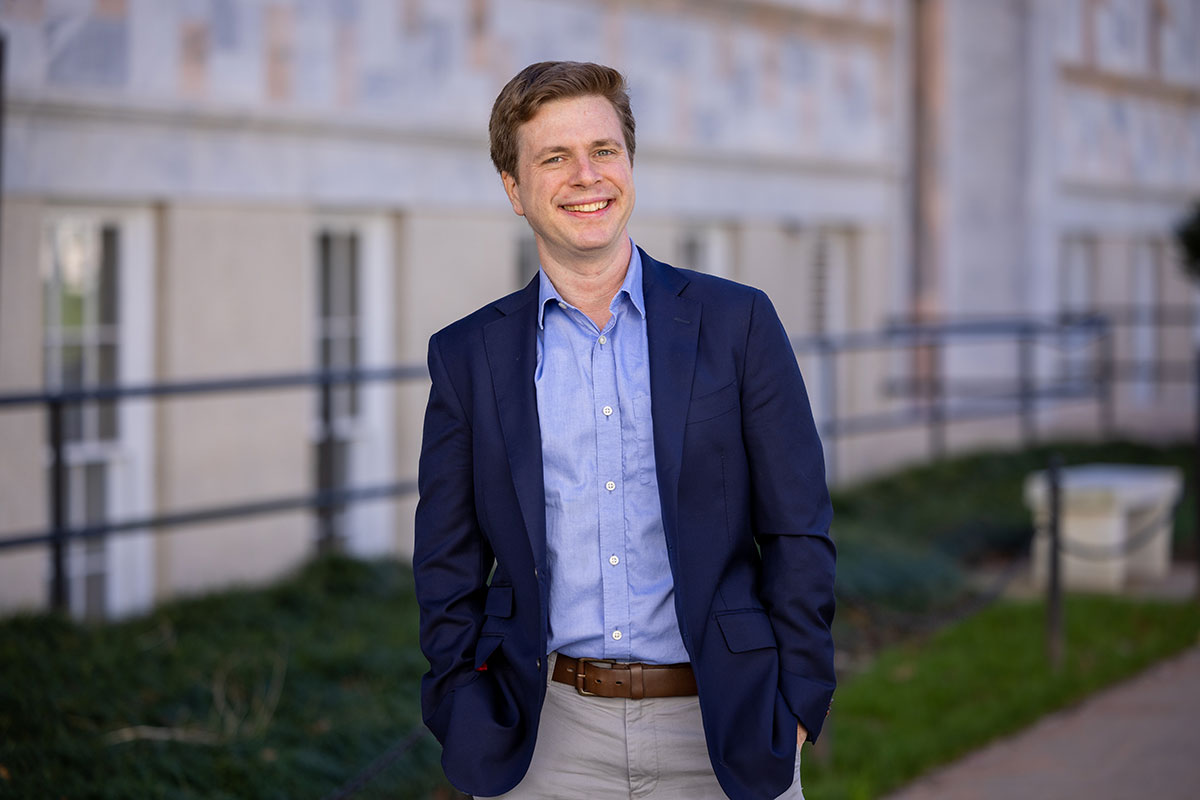Dr. Daniel LaChance, Winship Distinguished Research Professor in History, 2020-23, and Associate Professor of History, was quoted in an article in The Oklahoman about media coverage of the last meals that people sentenced to death request. The piece comes as the state of Oklahoma has scheduled an unprecedented number of executions between 2022 and 2024. LaChance discusses how the custom affects popular perceptions and policy of the death penalty, specifically, and crime and punishment more broadly. LaChance is the author of Executing Freedom: The Cultural Life of Capital Punishment in the United States (University of Chicago Press, 2016) and, most recently, Crimesploitation (Stanford University Press, 2022), co-written with Paul Kaplan. Read an excerpt from the piece in The Oklahoman below along with the full article: “‘When they stop serving last meals, we’ll stop reporting it.’ Oklahoma death row custom stirs debate.“
The humanizing element of the last meal ritual might contribute to the state’s justification of executions and public support for the practice, one researcher said.
Josh Dulaney, “‘When they stop serving last meals, we’ll stop reporting it.’ Oklahoma death row custom stirs debate.” The Oklahoman, August 14, 2022.
“It represents a kind of way making the violence of the state look more virtuous, more civilized, more humane and not the kind of dirty violence of the murderers the state is punishing,” Daniel LaChance, a history professor at Emory University in Atlanta, said.
While condemned individuals become institutionalized and forgotten by the public as real people with unique personalities, their choice of last meal reveals something of their character, from simply eating what is on the prison menu that day, to requesting extravagant feasts.
LaChance argues the act of choosing also portrays a condemned person as an autonomous agent, capable of decision-making, which has the effect of showing him to the public, without regard to his upbringing, socio-economic status and mental health, as a free moral agent who willfully committed his gruesome crime.
“There’s a way in which by highlighting the last meal and last words, the irony is it serves a retributive purpose,” LaChance said. “It shows the public this person is very much alive and has something to lose. They are losing their lives and the ability to do things people do — plan for the future and consume food according to their taste. And the state engages in these rituals to remind us these are people who deserve what they are getting.”
